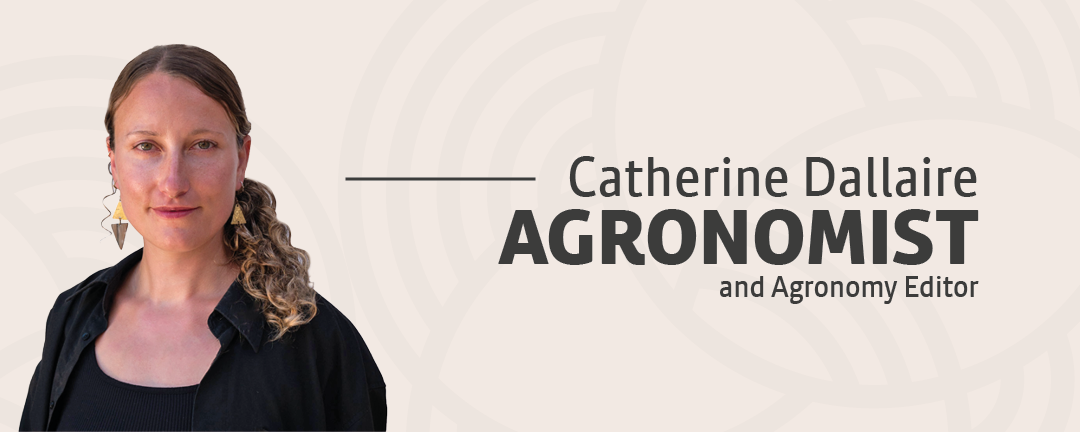
An Innovative Weed Control Solution
This context led to tests for developing strategies and methods to control weeds in carrots grown on ridges in rotation with field crops, which were carried out jointly by the Institut de recherche et de développement en agroenvironnement (IRDA) and the Centre d’expertise et de transfert en agriculture biologique et de proximité (CETAB+). The subsequent report published in 2022 includes some relevant findings.
Charlotte Giard-Laliberté, project manager in research at CETAB+, says: “The project helped us confirm that a mix of operations conducted at the optimal growth stage of carrots and weeds can effectively reduce weed stress in the row.”
One winning strategy is to prepare a stale seedbed on raised beds using a basket weeder, then run a flame weeder over the carrot plants. This is followed by mechanical cultivation 2.5 cm from the carrot row at the one-leaf and two-leaf stages.
“Results demonstrate that cultivation 2.5 cm from the row was efficient and did not affect carrot crop quality. Such evidence goes against the common belief that cultivation near the row at an early growth stage leads to an increase in downgraded carrots due to forking, for example,” explains Charlotte Giard-Laliberté.
Carrots are finally earthed up around the eight-leaf stage, ideally with large disc blades making it possible to cover the row with up to 5 cm of additional soil to bury remaining weeds and prevent green tops.
To learn more about this topic:
• Research projects led by IRDA • Research projects led by CETAB+ (French only) • Full report on the CETAB+ study mentioned above (French only)
